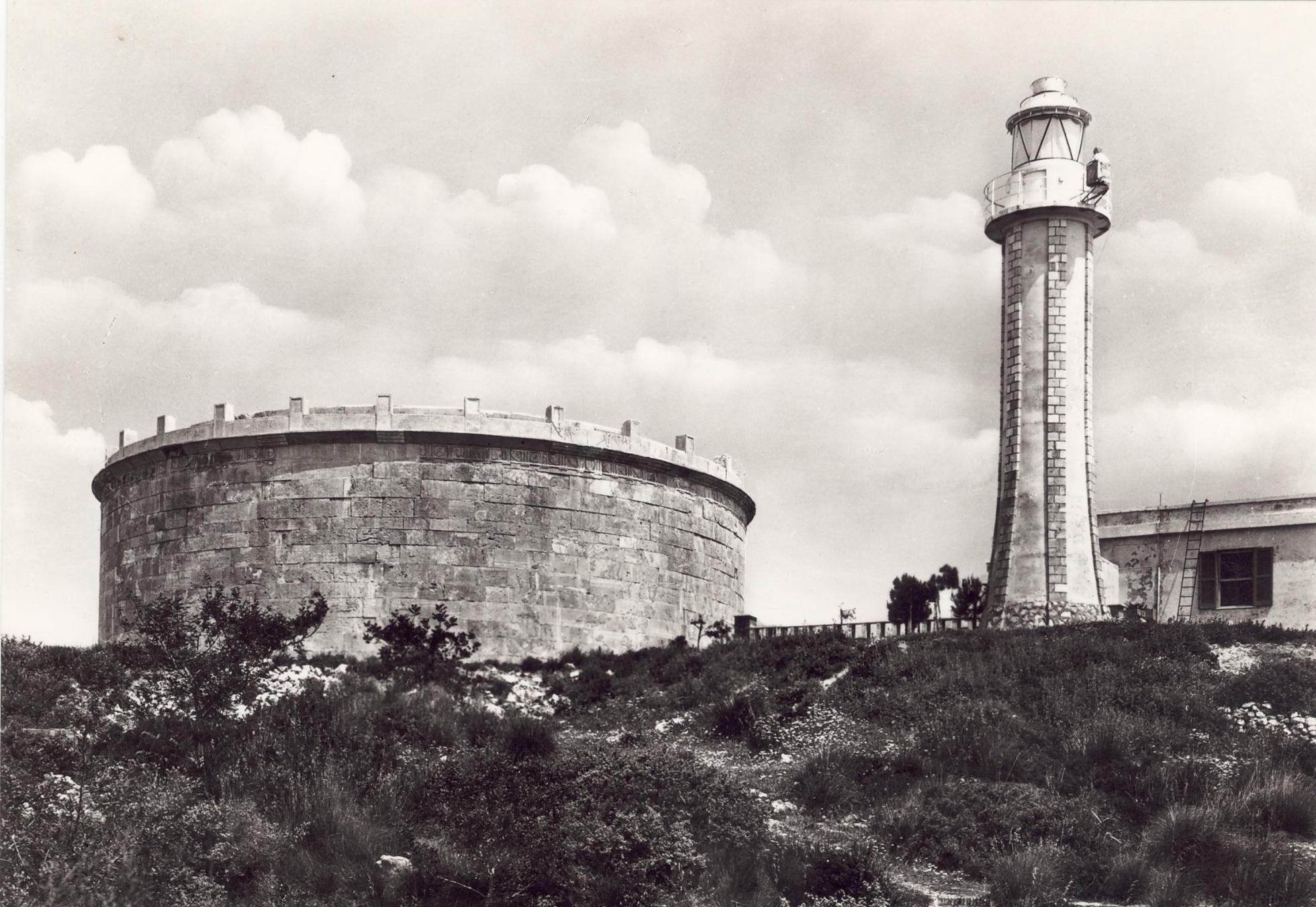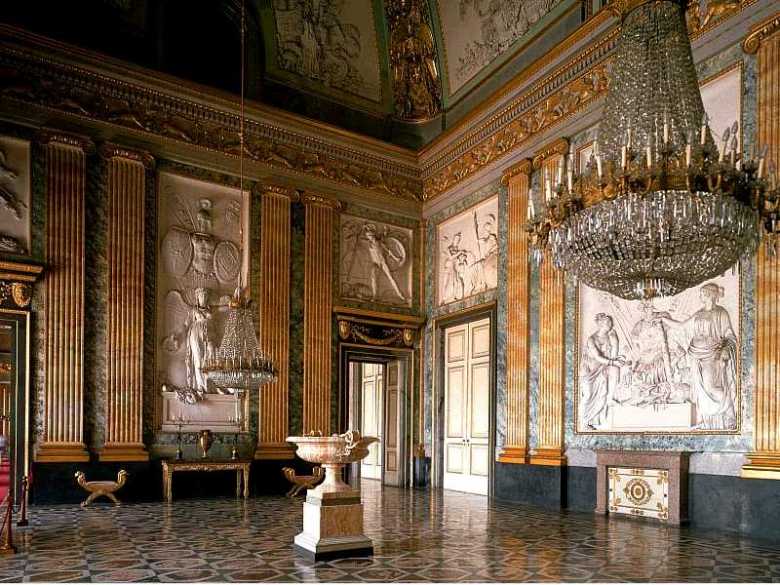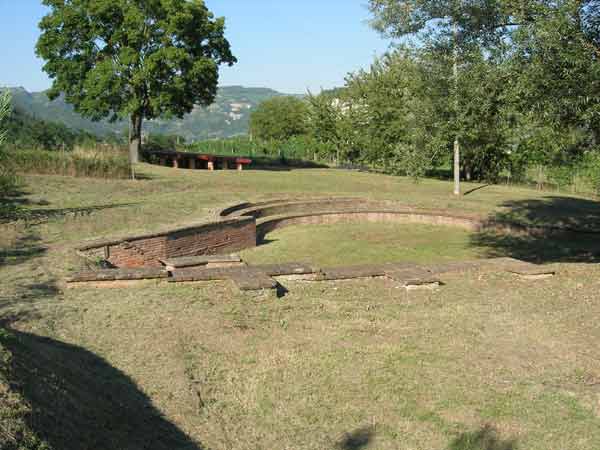Lucius Munazio Planco was born into a family of knights in 90 B.C. near Tivoli or Atina; he died at age 90 in Gaeta in the year of Jesus’ birth.
In his lifetime he held several magistracies: consul in 42 BC, along with triumvir Marcus Aemilius Lepidus, and censor in 22 BC with Aemilius Lepidus Paulus, who had been Consul suffectus in 34 BC.
He obtained the Imperium twice, was general, shrewd politician, prefect of the Urbe, Legatus pro Praetor, and founded two Roman colonies. In his political life he tried to endure, and succeeded, in extremely dangerous times by changing his alliances according to circumstances. He was a general in the retinue of Gaius Julius Caesar during the military campaigns for the conquest of Gaul and followed him as well during the Civil War, crossing the Rubicon River at his side. Julius Caesar, after winning the Civil War, sent him to Spain. In 46 Julius Caesar, after being appointed Dictator for life and Emperor, appointed him praefectus urbi. The event is commemorated by a coin, an aureus: on the obverse is the victory with the inscription C CAES DIC TER and on the reverse is a pitcher with the inscription L. PLANC PRAEF.VRB…In 45 Julius Caesar gave him the government of Gaul. The following year, immediately after Julius Caesar’s assassination, Marcus Tullius Cicero made him swear allegiance to the Republic. In 43 the Roman Senate, at Cicero’s suggestion, commissioned him to found a colony in Gaul, which he named Lugdunum, and it was Planco himself who drew its boundaries with a plow, an event commemorated by the minting of a coin. Shortly thereafter he founded another Roman colony, Augusta Raurica, which would later take the name Basel.Meanwhile, the Triumvirs Octavian, Antony, and Lepidus took power in Rome, and Munazio Planco sided with them. The Triumvirs decided to dispose of their enemies and created proscription lists, i.e., lists containing the names of those who were to be put to death, among which were included the names of Cicero (killed by Mark Antony’s assassins near Formia), Gaius Plotius Plancus (brother of Lucius Munazio Plancus), and Paulus Lepidus (brother of Aemilius Lepidus).Meanwhile, the Triumvirs Octavian, Antony and Lepidus took power in Rome and Munazio Plancus sided with them. Triumvirs decided to dispose of their enemies and created proscription lists, that is, lists containing the names of those who were to be put to death, among which were included the names of Cicero (killed by Mark Antony’s assassins near Formia)…Lucius Munazio Planco loved Gaeta so much that he owned in its territory a splendid villa of which only ruins remain and a large mausoleum, located on top of Monte Orlando, very well preserved, in which he was buried when he died and inside which is a statue of him. The mausoleum is a cylindrical funerary monument 13.20 m high and 29.50 m in diameter and is crowned by a frieze with warlike emblems; it was built by Caesar’s General.













